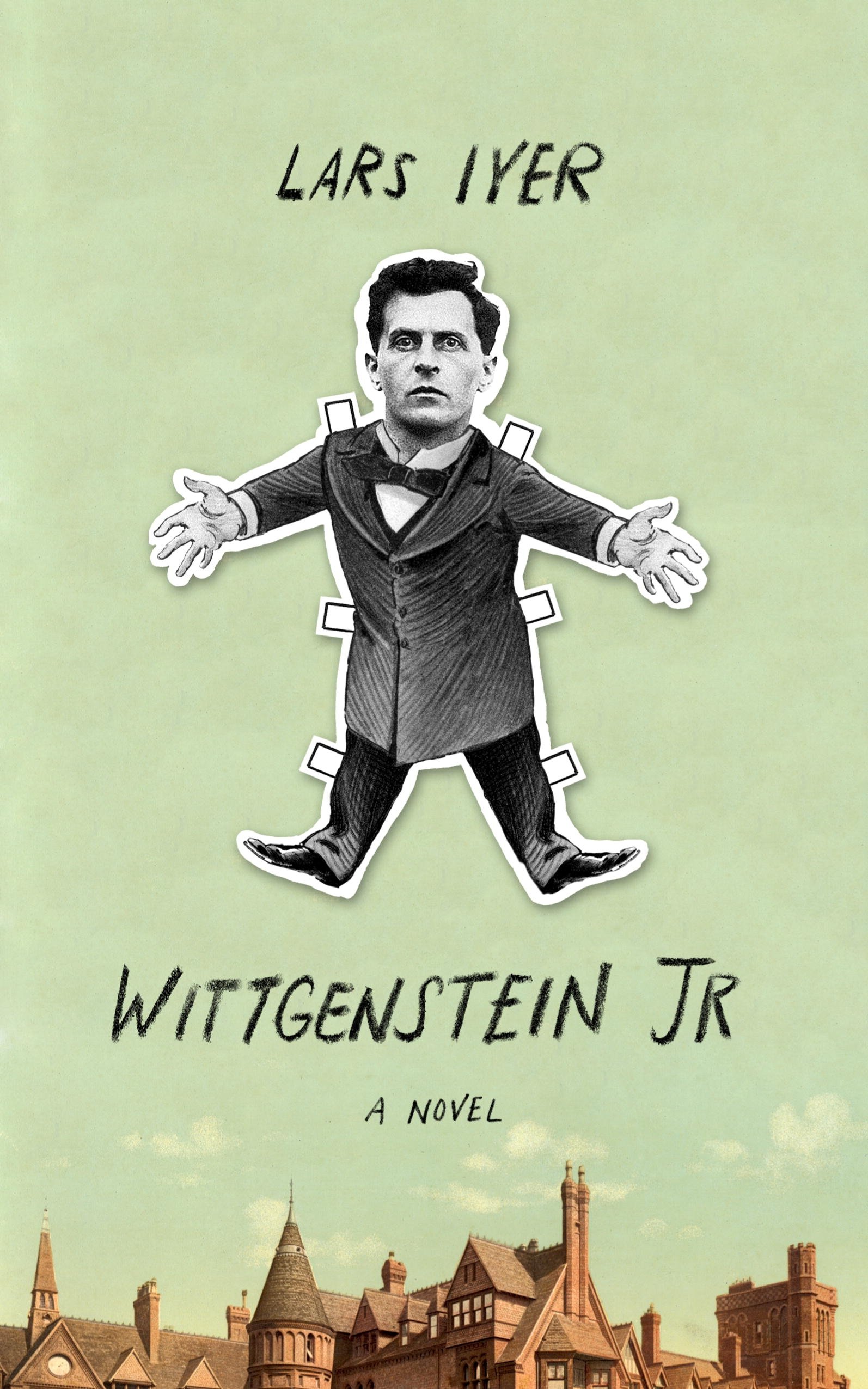
King Crow - a review by Rob McInroy
Paul Cooper, a lonely, insular
schoolboy from Salford, should probably be taken into care. His mother, a depressive,
can barely cope with motherhood. She goes out with her girlfriend and leaves
her son to sort his own tea of pizza and lagers. His father has disappeared,
thrown out of the house years ago. His sister has left home. All he has is birds,
which he learns about assiduously, even obsessively from a Field Guide to
British Birds, itemising how many he has seen in the wild. 186, 187, 188.
The one he wants to see more than anything is the raven. Ravens are outsiders, too,
living their own way, carrion-feeders for the most part, solitary. Paul would
decry the anthropomorphism in this observation, but the raven is the bird-world
encapsulation of Paul’s own nature. Not that he knows this.
King Crow is a remarkable
novel. in many ways. With the lonely boy and his love of birds there is an
inevitable link to Barry Hines’s Kes, despite the Pennine barrier
between the two novels’ settings. I am also greatly reminded of Daniel Shand’s Fallow,
another road novel in which, from the outset, violence is inevitable (although
it should be noted that King Crow predates Fallow). I think,
though, the novel it most reminds me of is Patrick McGrath’s Spider,
although if you haven’t read Spider I would urge you not to Google to
find the reason why before you read King Crow because doing so would
deliver a huge spoiler, and that would be a great shame, because Michael Stewart
makes an excellent job of the sleight of hand which lies at the heart of this
novel.
Recently moved to a new school and
friendless, Paul becomes fascinated by a fellow pupil, Ashley, who seems to
Paul to be everything he isn’t. Confident, brash even, handsome, tough, he is
someone Paul can look up to. An unusual friendship develops in even more
unusual circumstances, the consequence of which is that the two boys find
themselves on the run, pursued by a criminal from whom they have stolen a bag
of drugs. The novel thus becomes a road novel, but like none you’ve ever read
before.
For starters, they decide they will
go to Cumbria, in search of Paul’s beloved raven and tramp the hills in search
of birds. They meet up with Becky, middle-class, a raver on the look-out for
adventure. In Cumbria and meet a hermit. From there things spiral...
Interwoven throughout are Paul’s meticulous
explorations of different birds. These are beautifully written. Stewart is a
fine writer about nature, in the manner of Jon McGregor or Melissa Harrison. Thus,
as well as being a road novel, it’s also a piece of natural history. You will
learn fascinating details along the way – there is no such bird as a seagull,
for example – but the writing is so good it never seems didactic. Rather, Michael
Stewart uses these digressions into natural history to explore the character of
Paul. Brett Easton Ellis did the same thing with the music criticism interludes
in American Psycho, and Stewart’s handling of what is a genuine
technical challenge is impressive indeed.
The novel grows ever darker and ever
darker until you reach a point where you read a sentence and stop and think:
what? And you read the sentence again and think: what? And the story shifts
again, taking you with it, spinning into a future and reflecting on a past
which seem equally unknowable.
I’ve compared Michael Stewart to
quite a number of different authors in this review, and done so deliberately,
because there are echoes of each of those in his prose. But while he may share
attributes with these writers, he synthesises them into something entirely
unique.

